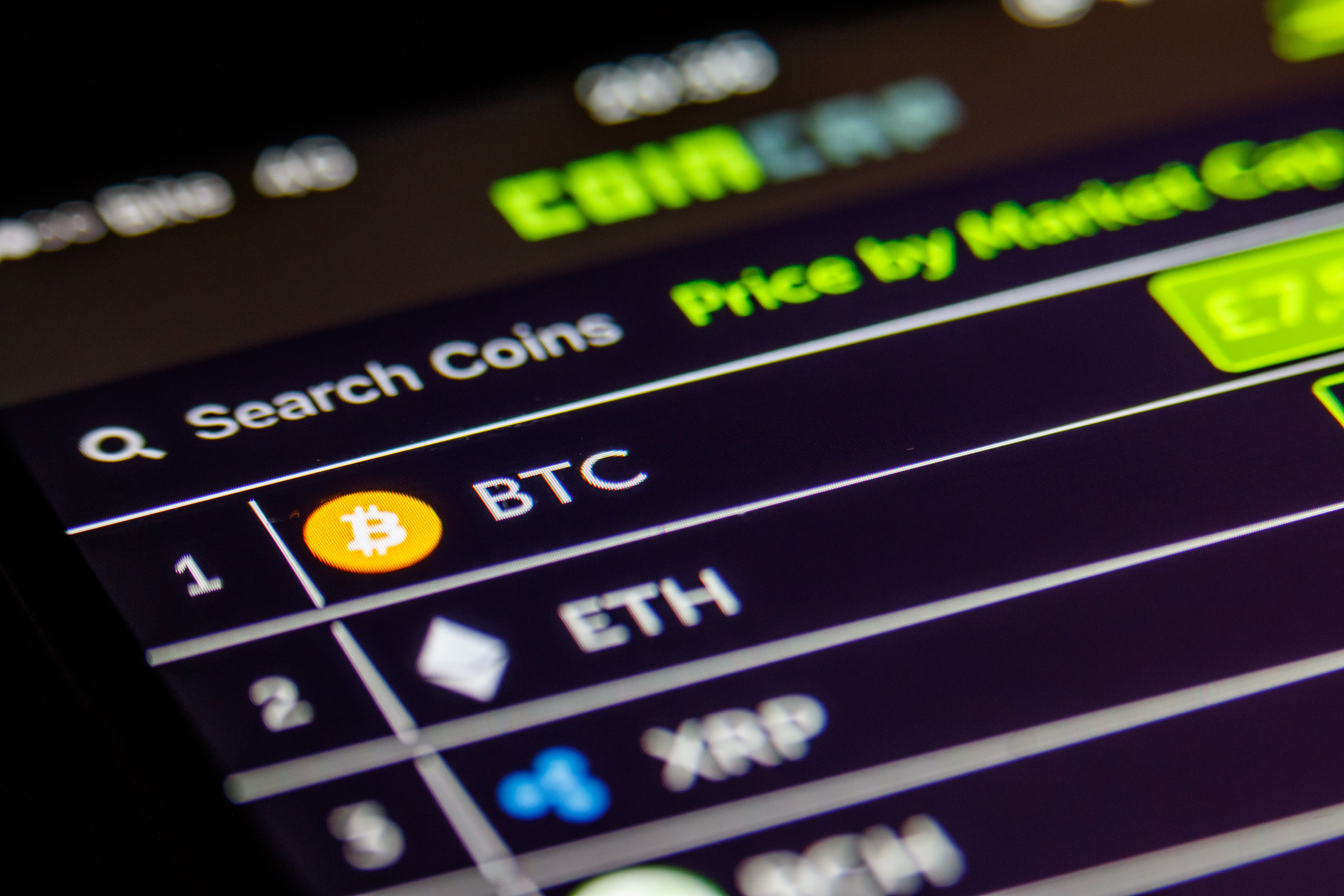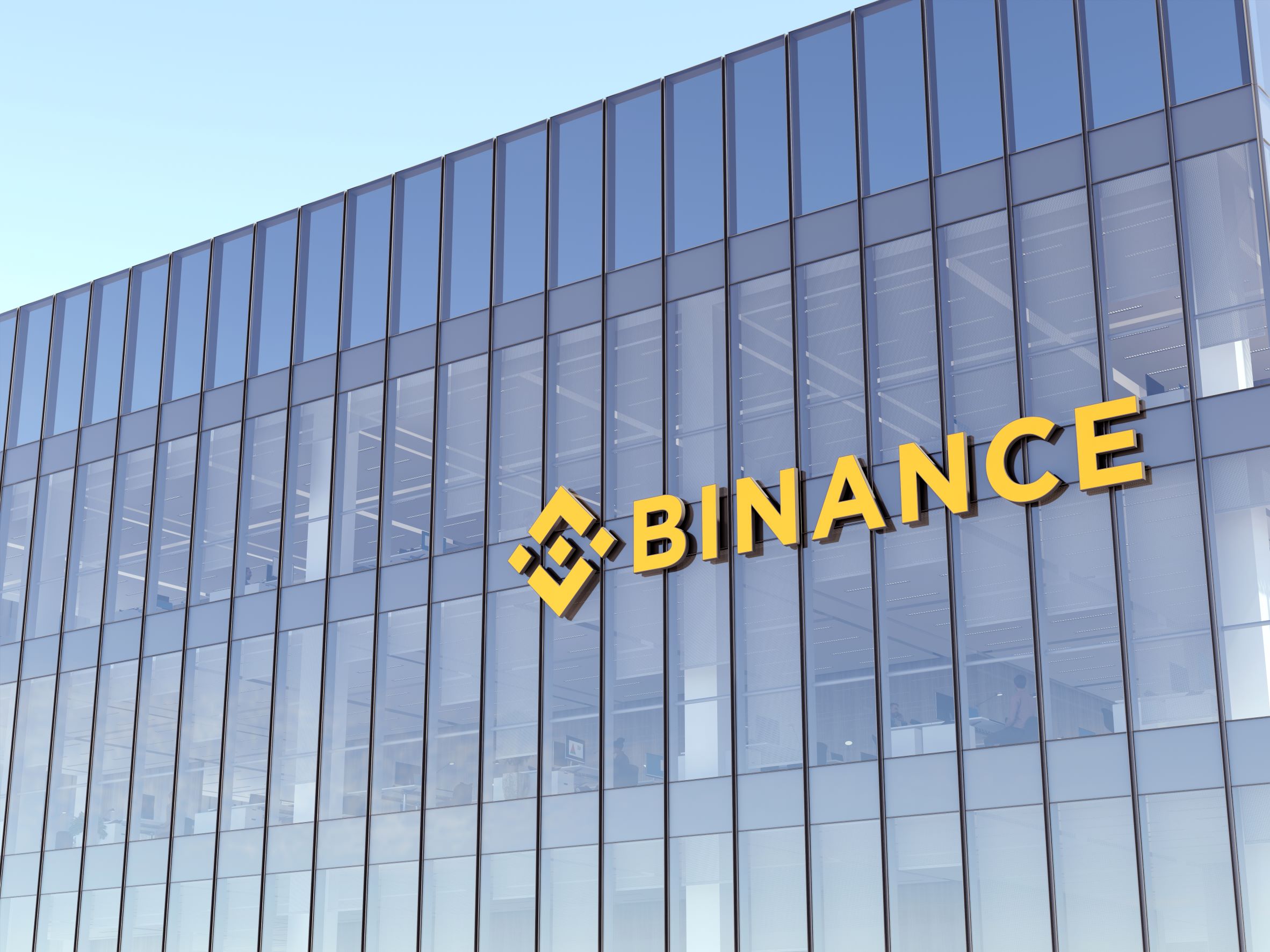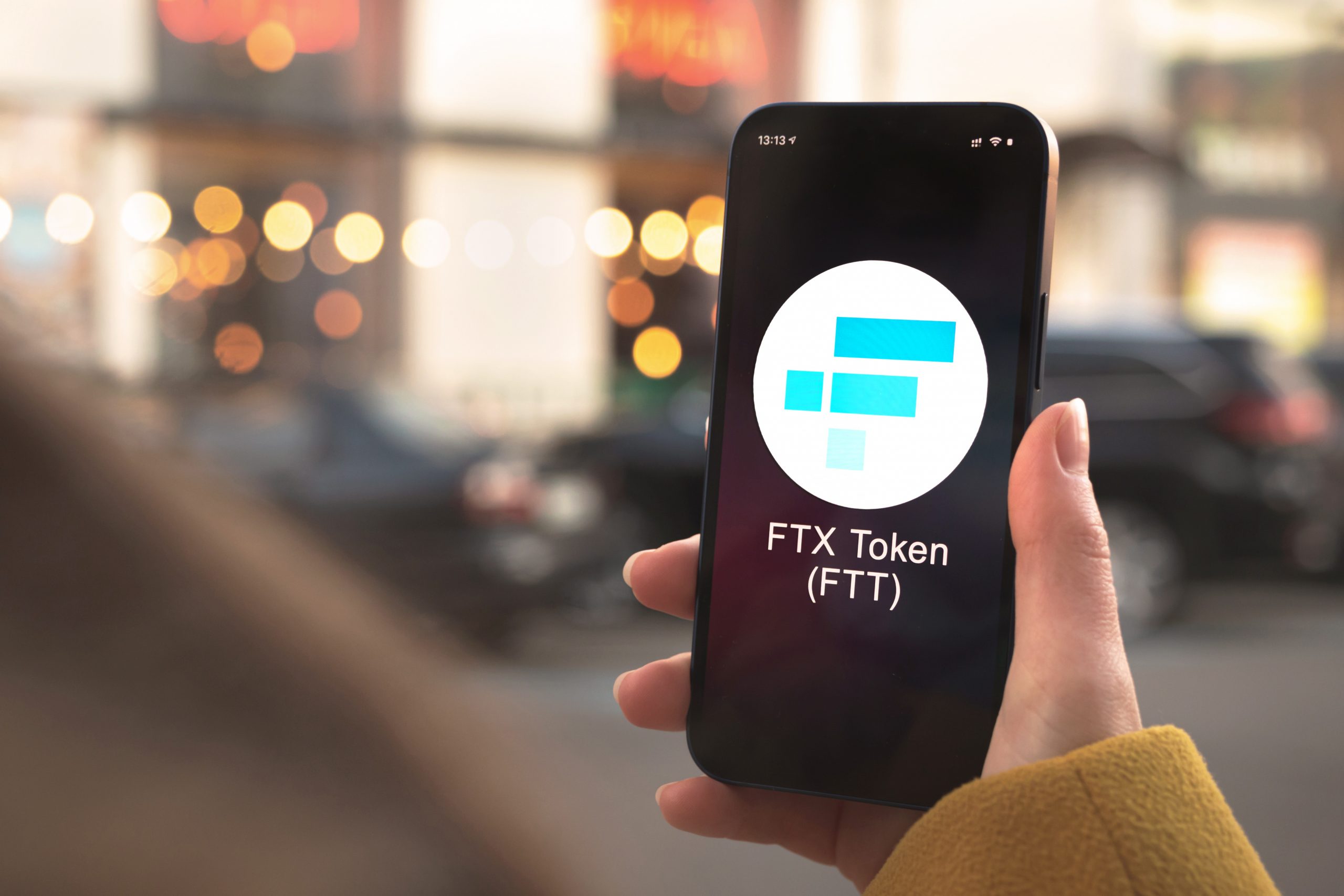Forget other regulations, Indonesia needs to talk about net neutrality

Photo credit: karochkin
The Indonesian government is struggling to create policies that support a healthy digital economy in the country.
The challenge is to protect national interests while reaping the benefits of global innovation. Everything from on-demand transportation to ecommerce has been up for debate – and in most cases, the industry and legislators seem to be inching toward a mutual understanding.
What’s still missing, however, is a government position on net neutrality.
If you’re not familiar with the concept, here’s a brief explainer: net neutrality asks internet service providers to treat all content that passes through their network equally. There should be no favoring or throttling of services, and certainly no blocking without legal mandate.
A phantom menace

Here’s why I think it’s important.
When Netflix had its international roll-out recently, Indonesia was on its list. After a few days of operation, Indonesia’s state-owned telco Telkom blocked it.
The government wants foreign companies like Google, Facebook, and Twitter to form permanent business entities in Indonesia, but it’s not yet law.
Netflix is now inaccessible to Indonesian users both on Telkom’s cable internet service as well as through the network of its mobile carrier, Telkomsel. Other internet service providers allow access to Netflix.
What justification did Telkom use to ban Netflix? Apparently, a piece of legislation that hasn’t even left the bakery.
You may have heard about the most recent Indonesian internet regulation making headlines. Tech minister Rudiantara announced that soon foreign companies like Google, Facebook, and Twitter will be required to form permanent business entities in Indonesia. Now, they only have representative offices. Operating with a permanent business license would force the companies to pay local taxes.
To add a sense of urgency, Rudiantara made it sound like a decision is just around the corner. The regulation, he told Nikkei, would be out by April.
The timing of Rudiantara’s announcement is no surprise. It comes right on the heels of Google’s controversial US$186 million settlement with the UK over outstanding tax payments. France is suing Google for even higher sums.
It’s obvious the government wants to signal established foreign players: if you are making money in Indonesia, you’ll have to share some of the profits.
But in reality the regulation on permanent business entities for internet-based services at this point is merely an idea. Months, if not years, will go by before it becomes law.
Ismail Cawidu, the tech ministry’s spokesperson, confirmed with Tech in Asia that the proposal is currently only in its draft stages.
Google’s regional representative says the company can’t comment on the situation because “the rules aren’t out yet.” Twitter and Facebook similarly seem to be waiting.

Photo credit: Parent Co
Unilateral decision
So when Telkom claims it’s banning Netflix on the basis of its missing business license, it’s acting pre-emptively, while the corresponding rules are still being laid out.
“As a state-owned enterprise, we need to set up an example and uphold Indonesia’s authority in conducting businesses,” Dian Rachmawan, director of Telkom’s consumer services, told local media.
What’s really happening is that Telkom is protecting its own business interests. After all, Telkom is trying to popularize its own IPTV portal. It also fears having to carry the cost of the high data volumes it would funnel through its networks once customers regularly stream Netflix videos.
But selective blocking of services to protect business interests of the internet provider is in clear violation of net neutrality.
Net neutrality is the reason India got so upset over Facebook’s Free Basics. In that scheme, Facebook offered a bundle of services at zero data rates, which put it at an advantage over other services. India’s Telecom Regulatory Authority (TRAI) eventually introduced net neutrality regulation, which led to the ban of Free Basics in India.
Some other countries, like the Netherlands, Chile, Brazil, and the US, have, or are preparing, net neutrality laws.
In Indonesia, there’s no mainstream discussion on net neutrality yet, and there’s also no law. Hence Telkom can get away with selective blocking.
If Indonesia wants to increase the level of control it has over services offered through the internet, it also needs to regulate those who provide the internet infrastructure.
Introducing a net neutrality law would guarantee foreign and local players a level playing field on Indonesia’s internet, and it would give the government an avenue to hold internet service providers responsible if violations occur.
Recommended reads
 China bans 13 crypto-trading apps
China bans 13 crypto-trading apps Binance seeks Japanese operating license
Binance seeks Japanese operating license The Philippines pauses digital asset licenses for 3 years
The Philippines pauses digital asset licenses for 3 years Hodlnaut assets hit by FTX debacle
Hodlnaut assets hit by FTX debacle Binance’s big BUSD push heralds a stablecoin summer
Binance’s big BUSD push heralds a stablecoin summer Crypto exchange OKX looks to turn a new leaf
Crypto exchange OKX looks to turn a new leaf Hong Kong crypto retail major to shutter trading platform following FTX crash
Hong Kong crypto retail major to shutter trading platform following FTX crash Malaysian graftbuster probes MDEC over $4.9m in false claims
Malaysian graftbuster probes MDEC over $4.9m in false claims SG exchange gets nod from MAS to offer crypto services
SG exchange gets nod from MAS to offer crypto services SG High Court justice says NFTs can be property
SG High Court justice says NFTs can be property
Editing by Terence Lee and Judith Balea and Malavika Velayanikal
(And yes, we’re serious about ethics and transparency. More information here.)









